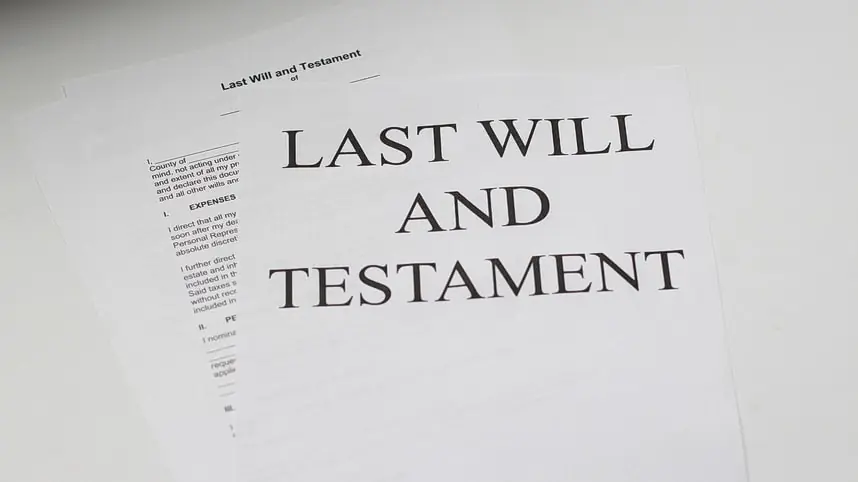The short answer from our civil litigation law firm in Edmonton is yes, but as always, it depends. The common misconception that you cannot have a contract unless it is in writing is not true. Generally speaking, verbal contracts are just as legally binding as a written contract. There are some exceptions to the general rule; however, it is important to note that your handshake may be legally binding and upheld by the courts.
One important exception is agreements involving land. In Alberta, the Statute of Frauds imposes specific requirements for land contracts, including being in writing and signed by the party to be charged or their agent.
Is the verbal agreement legally binding?
In order to have a valid legal contract, either verbal or written, the following elements must be present: 1) an offer, 2) acceptance of the offer, 3) consideration, 4) certainty of terms, and 5) and intention to create legal obligations.
An offer is an expression of willingness to be bound on certain terms, and acceptance is the corresponding expression of willingness to enter into the contract on the stated terms. Generally, a verbal exchange between the parties will qualify as an offer and acceptance.
Consideration is an act or undertaking by one party in exchange for a promise by another. Consideration is an essential requirement for a valid contract because contracts are bargains and require a meeting of the minds. Though consideration can be as inconsequential as $1, there must be an exchange of something by both parties.
Certainty of terms means that the contractual terms must be precise and not vague. Certainty is often where verbal agreements fail as a result of miscommunications or misunderstandings. When assessing uncertainty, the court will assess the intentions’ of the parties and the broader context of the contract. As a general rule, agreements to agree are unenforceable, but sometimes the court will imply a reasonable term where specific conditions are met. As best practice, it is important to make the agreement as clear and precise as possible.
The final requirement for a valid contract is an intention to create legal obligations. Objectively assessed, the parties must have intended to create legal relations. In a commercial context, there is a presumption that the parties intended to be bound by the agreement.
How do I prove a verbal contract?
The difficulty with enforcing verbal contracts is not with their execution, but in proving their existence. Instead of relying on a written agreement, the courts must assess the broader circumstances and the context in which the contract was made. This means the parties must rely on witness testimony, supporting documentation, or the actions of the parties to support the existence of a contract. Supporting documentation may include emails, letters, faxes, written notes, text messages, or bank statements. Without additional evidence, oral contracts typically create a “he said, she said” situation and can therefore be difficult to prove. Consequently, it is important to put the contract in writing and to have a lawyer advise you on the terms.



